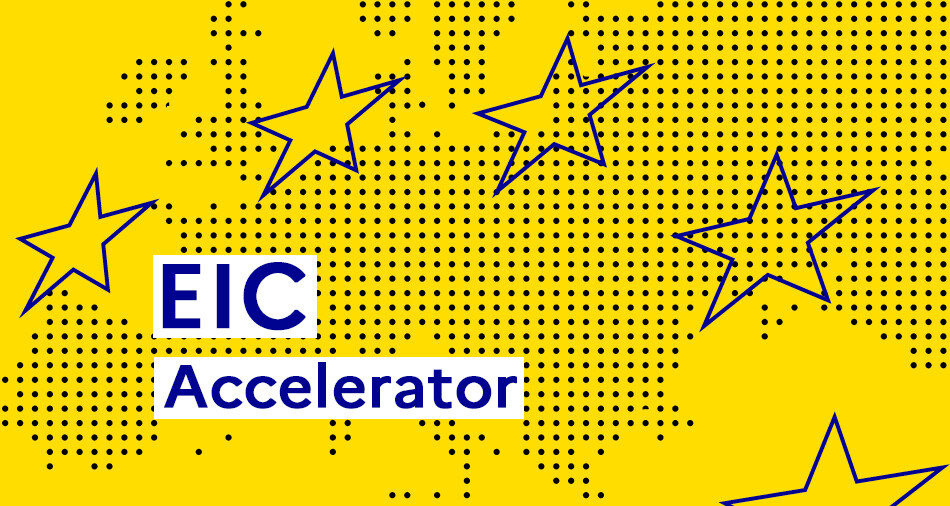ExpectedOutcome:
Projects are expected to contribute to the following outcomes:
- Next generation of XR devices and applications, which are human-centred, and provide intuitive and realistic user experiences, by exploiting cross fertilisation between technologies such as 5G/6G, IoT, data, artificial intelligence, edge and cloud computing, and microelectronics but also across domains of use such as (but not limited to education, manufacturing, health, cultural heritage, media and security).
- More realistic, more affordable and gender-neutral devices and applications, developed by European companies, respecting European values of ethics, privacy, security and safety, aiming at technological sovereignty and resilience.
Scope:
The following two types of research and innovation proposals are expected:
i. The development and integration of advanced XR hardware components, including the use of already available technologies, such as chips, displays, optics and sensors, for a new generation of XR devices providing greater visual, wearable, vestibular and social comfort. Special relevance should be given (a) to technological breakthroughs in photonics and new materials aiming to increase the image quality and to reduce the size and weight of XR devices; (b) to displays and optical elements bringing the capabilities of XR devices closer to those of the human vision; (c) to more efficient architectures for enhanced performance, reduced power consumption and improved heat dissipation; (d) to novel systems that cater to the widest range of users, including those that need prescription correction; (e) to advanced optical- and photo-detector technologies for sensing systems, including sensing data processing; (f) to innovative XR connectivity components supporting the demanding requirements on latency, data rates and resilience; and (g) to novel materials with tailored optical, mechanical and processing properties for a tight integration of subcomponents, enabling overall miniaturization and environmentally sustainable mass-production of future XR devices.
At least one proposal of this type will be funded.
ii. The development of new solutions aiming to improve the user experience, skills and capacity in social and professional XR setups. This includes tools and services for the creation and management of interactive virtual worlds such as metaverse and 3D models, realistic full body avatars and intelligent agents. The solutions should also seek to enhance the interoperability, performance and accessibility of XR experiences. The proposals should include prototypes validated in realistic scenarios, proving how innovative the developed solutions are, how they exploit synergies between disciplines and domains, and how far beyond state of the art they go.
At least one proposal of this type will be funded.
The Commission considers that proposals with an overall duration of typically 36 months would allow these outcomes to be addressed appropriately. Nonetheless, this does not preclude submission and selection of proposals requesting other durations.
This topic requires the effective contribution of SSH disciplines and the involvement of SSH experts, institutions as well as the inclusion of relevant SSH expertise, in order to produce meaningful and significant effects enhancing the societal impact of the related research activities.
Specific Topic Conditions:
Activities are expected to start at TRL 2 and achieve TRL 5 by the end of the project – see General Annex B.





